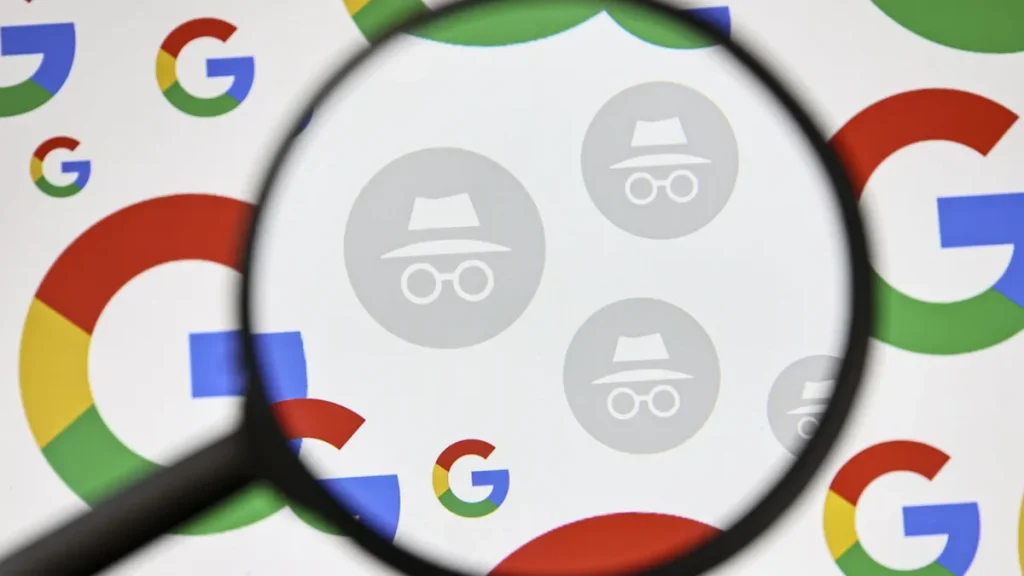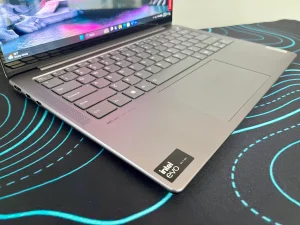Key Takeaways:
- Google will now delete browsing data in Incognito mode after 24 hours, following a whopping $5.2 billion class-action lawsuit settlement.
- This is a big win for privacy advocates who argued Google collected user data even during private browsing sessions.
- Chrome users will have more control over their data sharing preferences within Incognito mode.
- The changes are expected to roll out in early 2025.
Incognito mode, a browser feature designed to offer private browsing, has been shrouded in controversy for years. Users assumed their activity remained hidden, but a recent lawsuit alleged Google continued to collect data in this mode. Now, in a major victory for privacy, Google has agreed to delete Incognito browsing data after 24 hours as part of a hefty $5.2 billion class-action settlement. Let’s delve deeper into this development and what it means for you, the Chrome user.
Big Brother No More? Google to Delete Incognito Browsing Data
For years, Incognito mode, often referred to as “private browsing” by users, has been a source of confusion. While it offers a veil of secrecy compared to standard browsing, many users were under the impression their activity was completely untraceable. A recent class-action lawsuit challenged this notion, alleging Google continued to collect user data even in Incognito mode. This lawsuit has reached a turning point, with Google agreeing to delete browsing data after 24 hours within the settlement.
This shift signifies a significant change in Google’s data collection practices regarding Incognito mode. While the exact details of the data collected in the past remain unclear, this settlement paves the way for a more transparent relationship between Google and its users.
What Does This Mean for Chrome Users?
The settlement brings about several changes for Chrome users who frequent Incognito mode. Here’s a breakdown of what you can expect:
- Data Deletion After 24 Hours: Google will now automatically delete your browsing data after 24 hours of using Incognito mode. This includes your browsing history, cookies, and site data.
- Enhanced Transparency: Google has pledged to update the Chrome browser to provide clearer explanations regarding data collection practices within Incognito mode. This will hopefully dispel any lingering confusion for users.
- More Control Over Data Sharing: Chrome users will have more control over their data sharing preferences within Incognito mode. The specifics of these controls are yet to be revealed, but it suggests users will have a greater say in what data is collected, if any.
Timeline for Changes
While the exact date remains undisclosed, Google anticipates rolling out these changes in early 2025. This provides ample time for Google to update Chrome and implement the necessary data deletion mechanisms.
Is Incognito Mode Completely Private Now?
While the changes are a positive step towards user privacy, it’s important to remember Incognito mode isn’t a foolproof shield. Here are some limitations to keep in mind:
- Download Activity: Downloads initiated in Incognito mode are still stored on your device’s hard drive.
- ISP Tracking: Your internet service provider (ISP) can potentially see your browsing activity regardless of Incognito mode.
- Third-Party Trackers: Some websites might still employ cookies and trackers that can monitor your activity even in Incognito mode.
Incognito vs. VPN: Understanding the Differences
While both Incognito mode and VPNs (Virtual Private Networks) aim to offer a degree of privacy online, they function differently. Here’s a table to illustrate the key distinctions:
| Feature | Incognito Mode | VPN |
|---|---|---|
| Data Collection | Google will now delete browsing data after 24 hours | Hides your IP address, making it difficult for websites to track your location |
| Encryption | No | Encrypts your internet traffic, making it unreadable to third parties |
| Anonymity | Limited anonymity | Offers greater anonymity online |
| Use Cases | Casual browsing for a bit more privacy | Secure browsing on public Wi-Fi, accessing geo-restricted content |
Choosing Between Incognito Mode and VPN:
For basic private browsing, the upcoming changes to Incognito mode might suffice. However, if you require heightened security, especially on public Wi-Fi networks, or want to access geo-restricted content, a VPN is the way to go.
The Future of Incognito Browsing
The Google lawsuit settlement marks a significant step towards greater user privacy in Incognito mode. With data deletion becoming the norm and increased transparency on the horizon, Chrome users can expect a more private browsing experience.
has its limitations, and for robust online privacy, a VPN might still be necessary for certain situations.
Tips for Maximizing Incognito Privacy
Here are some additional tips to maximize your privacy when using Incognito mode:
- Clear Your Browsing Data Regularly: Even though Google will now delete Incognito data after 24 hours, you can manually clear your browsing data periodically for an extra layer of security. This includes clearing cookies, cache, and download history.
- Be Mindful of Downloads: Remember, downloads initiated in Incognito mode are still saved to your device’s hard drive. If privacy is paramount, consider using a temporary virtual drive for downloads in Incognito mode.
- Use a Privacy-Focused Search Engine: While Incognito mode helps with browsing history, Google might still track your search queries. Consider using a privacy-focused search engine like DuckDuckGo for truly anonymous searches.
- Be Cautious on Public Wi-Fi: Incognito mode offers no protection against network monitoring on public Wi-Fi. For sensitive browsing on public networks, a VPN is highly recommended.
Conclusion: A Step Forward for User Privacy
The Google settlement regarding Incognito browsing data is a significant victory for user privacy. With data deletion becoming the norm and increased transparency on the way, Chrome users can expect a more private browsing experience. However, it’s important to be mindful of Incognito mode’s limitations and employ additional security measures when necessary. Remember, online privacy is a multi-layered approach, and Incognito mode is just one piece of the puzzle.








